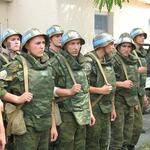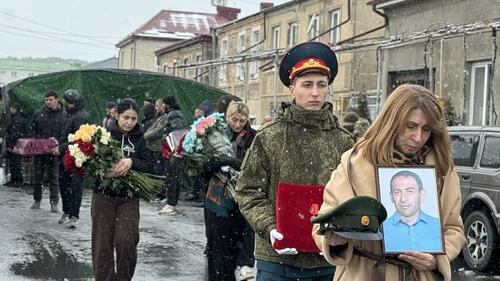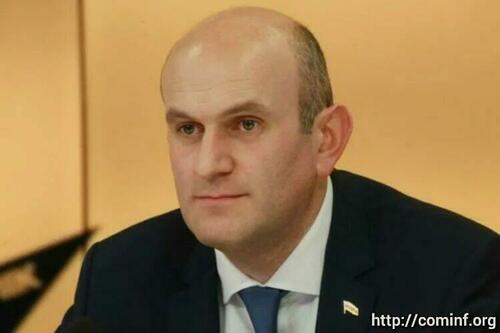The lessons of the past, apparently, do not teach fanatical politicians and Russophobes in Tbilisi
The Agreement on Principles for the Settlement of the Georgian-Ossetian Conflict, signed on June 24, 1992, on the basis of which the Mixed Control Commission (JCC) was established as well as the Mixed Peacekeeping Force (SMTA, became the cornerstone of the process of normalizing the situation in South Ossetia and the region as a whole, says the commentary of the Russian Embassy in South Ossetia in connection with the Peacekeeper Day.
On July 14, 1992, the Mixed Forces were introduced into South Ossetia and the adjacent areas of Georgia.
"The Mixed Control commission for many years is the main political tool in resolving the Georgian-Ossetian conflict, maintaining trust and cooperation between the parties, the socio-economic reconstruction of the Republic. The Mixed Forces for Supporting Peace consisted of one motorized rifle battalion of 500 soldiers each from Russia, North Ossetia and Georgia. state armament and military equipment. For 16 years, more than 10,000 Russian servicemen performed peacekeeping tasks in the conflict zone, "the embassy said in a commentary.
Since the creation of the SMTA, the Russian side has consistently advocated the full and strict implementation by the parties of the decisions and recommendations adopted by the JCC, and the implementation of a plan for the peaceful settlement of the conflict.
"Tbilisi, for its part, has consistently led the matter to revise the basic documents of the settlement, initiated provocations in the conflict zone, heightening tensions and, in fact, hindering the real progress of the peace process. This was especially evident in early 2004, since taking power in Georgia M. Saakashvili. The attempts of the Georgian side to reconsider the juridical base of the Georgian-Ossetian settlement, as history has shown, did not lead to anything good, "the embassy said.
Between 1992 and August 2008, peacekeepers played a key role in maintaining peace in the conflict zone.
"Thanks to their efforts and dedication in those difficult years, the bloodshed in South Ossetia was stopped. The peacekeepers did a lot to improve the humanitarian situation in South Ossetia. International organizations recognized that the peacekeeping operation in the Republic became the most effective in the entire history of peacekeeping," the diplomatic mission underlines .
They have reminded that in August 2008, the Russian and Ossetian peacekeeping units, ensuring the safety of the civilian population of Tskhinval, engaged in an unequal battle with the Georgian forces, which had unleashed an armed aggression against South Ossetia.
Unfortunately, both Russian and Ossetian peacekeepers died. Their names will forever remain in our memory.
"The lessons of the past, apparently, do not teach indignant politicians and Russophobes in Tbilisi, who have rolled back in their impotence to harm Russia and South Ossetia from populism, which has become resentful, to frank rudeness and obscene vocabulary. and Georgia’s Russian peacekeepers. After the nationalists headed by Zviad Gamsakhurdia came to power in 1990, the Ossetians, who then lived throughout Georgia, fully felt the burden of Georgian nationalism.
The Georgian leadership's adherence to the slogan "Georgia for Georgians", as we see, eventually led to a systemic political crisis in this country, which continues to this day," the commentary notes.
More than a quarter of a century has passed since the signing of the said agreement and the beginning of the peacekeeping operation in South Ossetia. Analyzing its results, today we can rightly assess the significance and role of peacekeepers in maintaining stability in South Ossetia.








